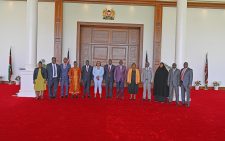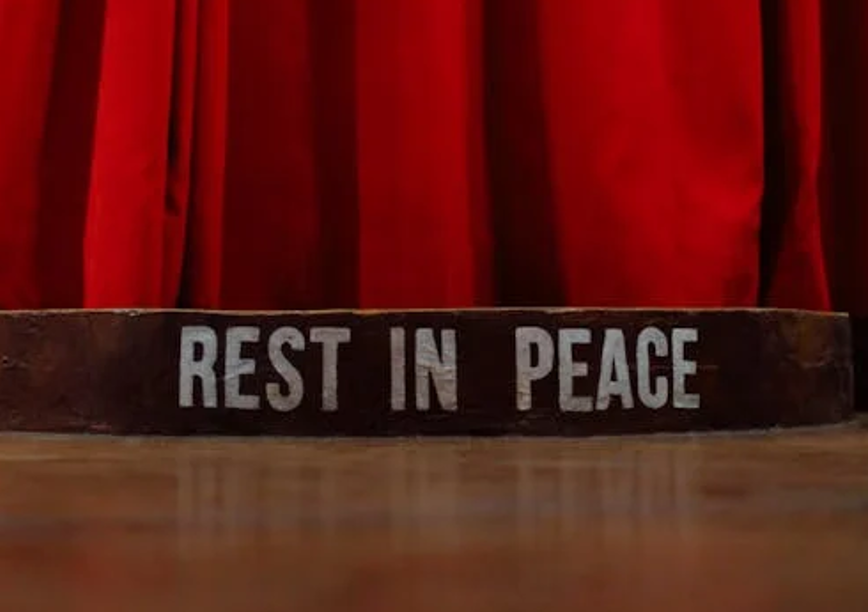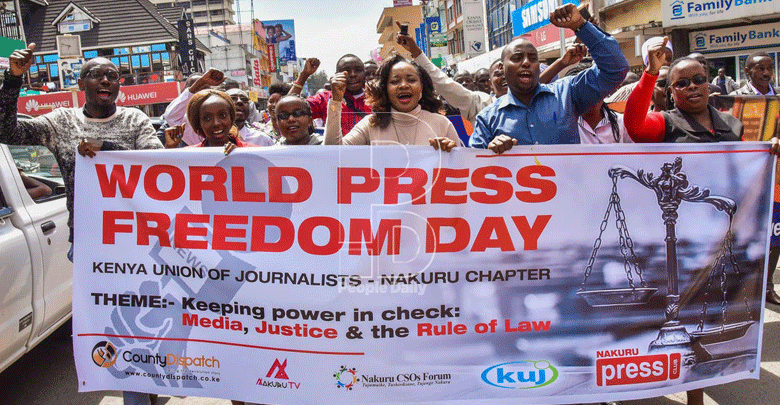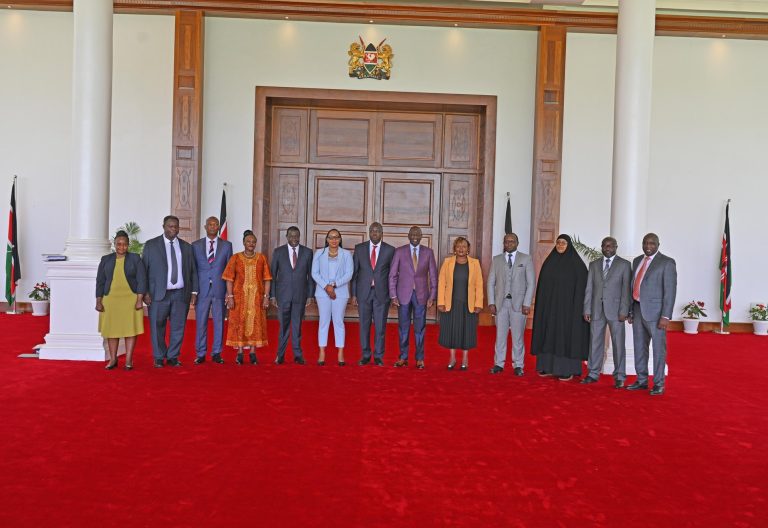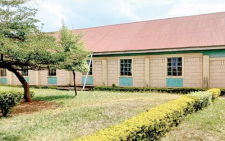Team seeks more powers for outgoing President
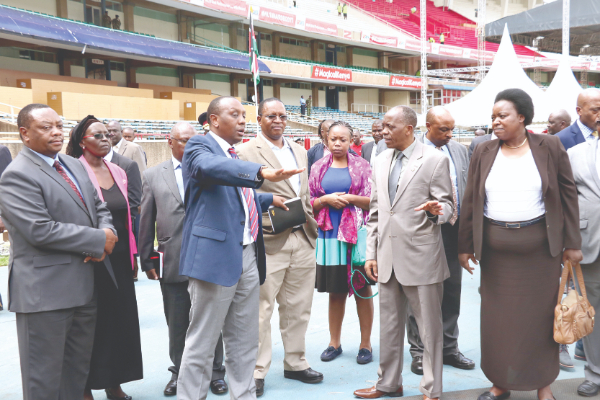
The Assumption of the Office of President Committee has proposed amendments to the Constitution to have outgoing President’s powers restored in full.
In a report tabled in the National Assembly, the committee, which was chaired by former Head of Civil Service Joseph Kinyua, said this will ensure the President has an express constitutional basis to exercise Executive power in the event Supreme Court nullifies a presidential election.
Article 134 of the Constitution imposes limitations on the powers of the President from date of the first election until the date a new president is sworn.
Some of the powers the President loses during temporary incumbency include powers to nominate or appoint judges of superior courts, powers to nominate or appoint any public officer, powers to nominate, appoint or sack a Cabinet Secretary, Principal Secretary and other State officers, the powers to nominate, appoint or dismiss a High Commissioner, ambassador or diplomatic or consular representative.
Others are the ability to exercise the power of mercy, meaning he cannot pardon convicts as well as the authority to confer honours in the name of the people and the Republic.
Legal ambiguity
“The committee recommends that it is worth considering an amendment to the Constitution to have the President’s powers restored in full,” the report.
In a raft of amendments to the Constitution and also the Assumption of Office the President Act 2012, the committee also recommended changes to section 18 of the Act to provide that all Cabinet Secretaries and Principal Secretaries shall continue in office until their successors are appointed but albeit with such limited executive authority as may be directed by the new President.
The team also wants to be given a new mandate of offering a recommendation to the President on the new place and date for the first sitting of the new House, which shall not be more than 30 days after the election. Further, it also wants Section 1 of the Act amended to clarify when the mandate of the committee commences, since the law is currently ambiguous as to whether the mandate of the committee begins after the declaration of the presidential election results or whether it commences when the presidential candidates are cleared.
In addition, it also wants an expression provision to be included to clarify whether the mandate of the committee is suspended when a petition is filed in court or whether the committee should proceed to prepare for the inauguration notwithstanding the filing of a petition and the possibility of a repeat presidential election. According to the committee, the current Act does not address the question of whether their activities stand suspended pending the decision of the Supreme Court regarding presidential election petitions filed in light of the fact that a successful petition would reverse the mandate of the committee.
First meeting
“Therefore, it is proposed that section 1 be amended by the introduction of two sub-sections. This Act may be cited as the Assumption of Office of President Act, 2012. Section 1A: Chairperson shall convene the first meeting of the committee within seven days upon the nomination and clearance of presidential candidates by the Independent Electoral and Boundaries Commission pursuant to Article 138 of the Constitution,” the amendment.
On committee membership, the team wants amendments to Section 5(2) and Section 5(2) (C) to enlist Attorney General and Cabinet Secretary of the ministry responsible for matters relating to the registration of persons as members of the committee in order to create coherence and homogeneity in the ranks of membership of the committee that comprises PSs and Solicitor General.
Minimal risks
On its stewardship, the committee wants the law amended to provide for an alternative chairperson should the office of Secretary to the Cabinet be vacant or in the event that the holder of such an office is absent. Decision is occasioned by the fact that in the just concluded Assumption of the President process, the office of the Secretary to the Cabinet was vacant, consequently, Head of Public Service acted as the committee chairperson.
“While there are minimal risks of successful legal action against a transition process on this account, it is necessary to amend the law to provide for an alternative chairperson,” the report adds.
Committee further noted that there is need to illustrate Kenya’s role model status by amending section of the Act regarding handing over instruments of power and authority by changing the order of precedence in hand-over to be the Constitution, followed by the presidential ceremonial word and finally the encased medal for the highest national honour, first class, Chief of Order of the Golden Heart.
On budgetary appropriations, committee recommends that Parliament provides a budget every fifth Financial Year coinciding with General Election to finance their activities and provide clear framework for accountability and independence.
